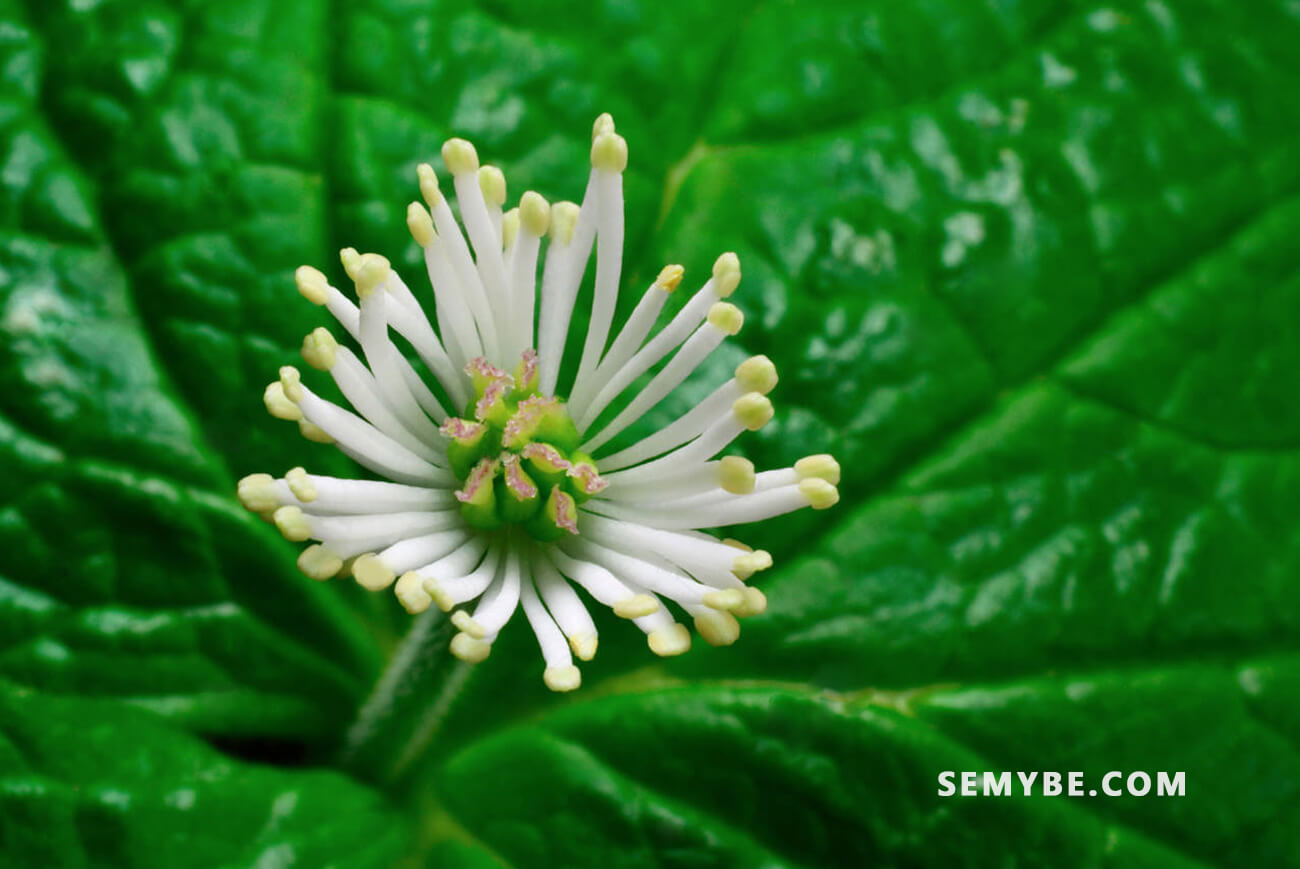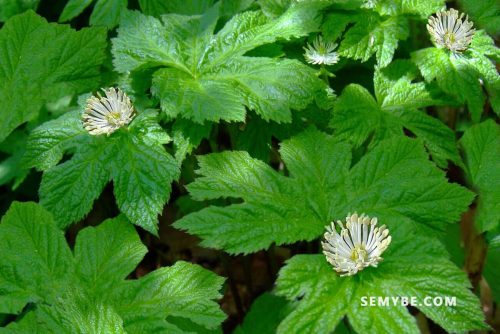
Malpighia Glabra
1. History and use
An edible fruit made from a wild shrub, acerola has been used by Amazonian Indians all the time, especially to fight against diarrhea, dysentery and liver problems. The Spanish conquistadores did not miss to discover the virtues of this fruit from the sixteenth century and it is they who gave it the name acerola. But its etymology is not precise: some say that the name of this plant comes from the cherry of the maple, others of table cherry, others of the Arabic-Andalusian word azza ‘rúra. One thing is certain, its scientific name was attributed to it in the eighteenth century by the Swedish naturalist and founder of the binomial nomenclature Carl von Linné , in honor of a doctor, naturalist and botanist Italian seventeenth century, Marcello Malphigi.
In juice, acerola was very quickly used by mariners to prevent the risk of scurvy, a deadly disease linked to a Vitamin C deficiency But this small fruit has been the subject of real scientific research only from the 1950s, when it began to be used as a dietary supplement.
2. Description of the plant
Acerola is the name of an evergreen shrub measuring 2 to 5 meters and growing naturally in the dry forests of South America, mainly in the Amazon (Brazil and Venezuela) and Peru. Acerola in the wild in the West Indies. Today it is grown in Brazil, this shrub, sometimes called acerolier, produces opposite oval or elliptical, acute-pointed leaves, 2.5 to 7, 5 cm.
The fruits of the acerola are nicknamed Barbados cherries or cherries of the West Indies, simply because of their strong resemblance to the cherry, in their shape, their size as in their color. Containing three nuclei, the fruits appear very soon after the blooming bright red flowers arranged flowering occurs three times a year. The scarlet red fruit with tangy taste in axillary inflorescences. This are particularly sensitive to heat. Fruit of the tree of the same name, acerola is known for its very high vitamin C content which makes it an ideal complement in case of fatigue or overwork, but also to fight against the evils of winter in Strengthening the Immune System Barbados.
Cherry is generally used as a tonic and has anti-inflammatory properties and can be combined with other herbs. Very rich in vitamin C, whose average content is 1.8 g per 100 g of pulp. Acerola also magnesium, potassium in proportions twice as high as those contains vitamin B5 and potassium in proportons twice as high as those of fruits intellectual activity, beta-carotene (vitamin A) and other minerals such as calcium and iron are like I Phosphorus, stimulant of also included in the composition of acerola.

3. Curative action
- A vitamin C concentrate
A single fruit contains 30 to 40 times more than an orange.
- A tonic
Acerola is indicated for fatigue, overwork or stress.
- A stimulant
It helps prevent winter diseases (flu, t nasopharyngitis). Vitamin C of acerola is better assimilated by the body that the fruit also contains many flavonoids.
- Antioxidan
Fights cell aging by minimizing the effects of free radicals.
- Revitalizing
– Acerola the development and promotes strengthening of bones and teeth.
– Acerola promotes the intestinal absorption of iron.
– Purifying cleans the body, it can help smoking recommended in case of increased needs of cessation.
– Remineralizing the body.
4. Uses
Acerola is consumed in the form of diluted juice food or as a supplement in packaged preparations: chewable tablets, powders or capsules. Because of its very high content of vitamin C, and even if no side effect has been reported, the maximum recommended dose is 1 g/day of fruit pulp. A single tablet may provide 225% of the recommended daily intake of vitamin C. Ascorbic acid is not an exciting, acerola ingested alone has no effect on sleep.
Acerola brings all the benefits of vitamin C: improved physical and intellectual performance, strengthening immune defenses, delayed aging, etc. Studies have also shown that this fruit has a protective effect against bad cholesterol. However, acerola is not a drug, in case of persistence of symptoms such as intense fatigue, extreme stress or ENT, it is recommended to consult your doctor.




